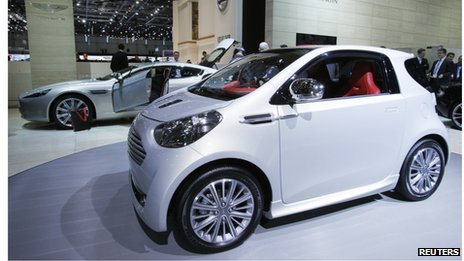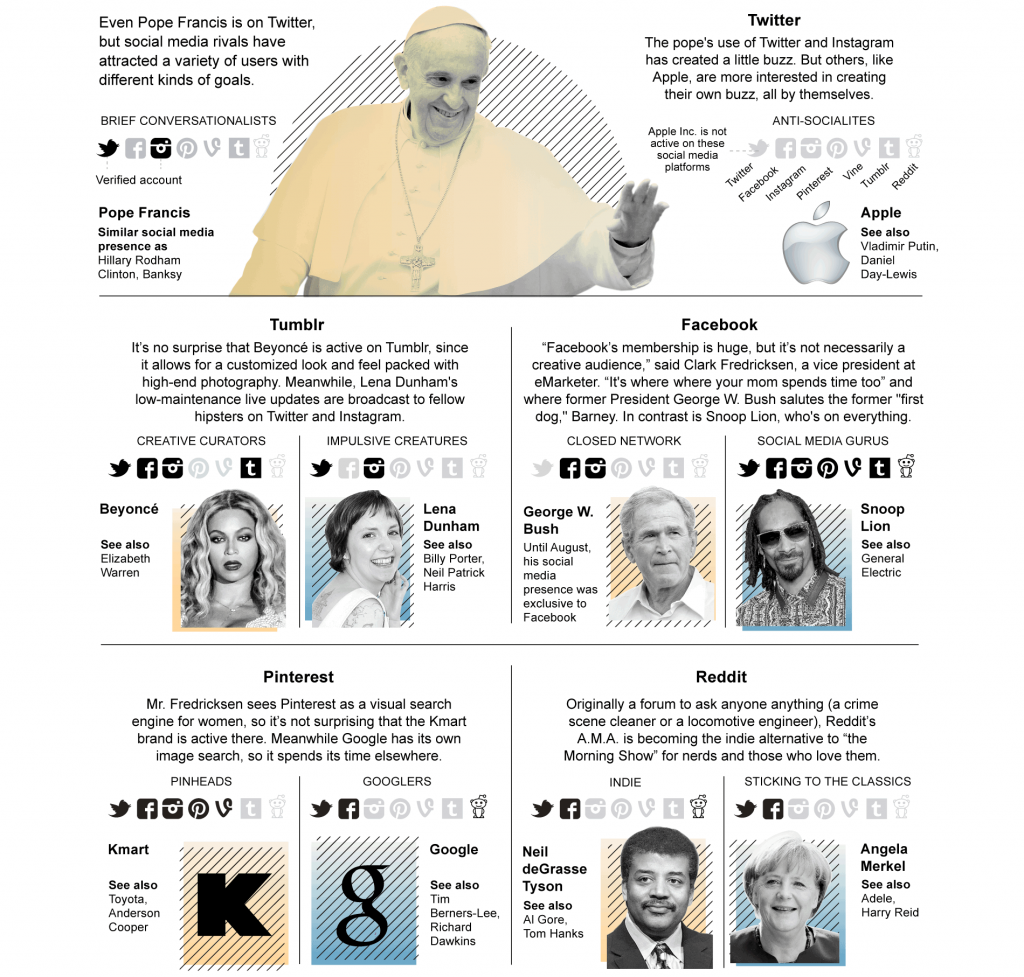The line extension trap: Things to keep in mind when introducing new products
Companies are always trying to improve their products to cater to consumers’ new tastes and needs. So was Aston Martin. In 2011, it began to produce Cygnet, a type of small car which focuses on “economy” segment of car-buying market and aims to help urban and city people save fuels and space to park.
However, it’s not a surprise that Aston Martin has to end production of Cygnet small car this year, though the concept of “economy” cars is really a good idea. Here’s what I think:
Firstly, for Cygnet, which is basically a Toyota iQ model, yet with fancy Aston Martin badging design such as the signature gaping maw grille that will additionally cost consumers $34,000 more than a Toyota iQ, it actually loses its comparative advantage to its rival on the point of parity.
Secondly, it is true that loyal consumers would pay a lot for the luxury brands instead of for the actual products. However, Aston Martin’s failure to put its focus on the Aston Martin bling design rather than the innovation of “economy” cars clashes its brand positioning as luxury cars. The use of Toyota iQ’s basic model weakened Cygnet’s point of difference as an Aston Martin. After all, unlike Channel or Gucci, the most important value of a car is more of its function, rather than its interior design.
Sources:
BBC NEWS, Aston Martin to end production of Cygnet small car (2013 Oct. 9) http://www.bbc.co.uk/news/business-24455948
Akweli P. How the Aston Martin Cygnet Works (2011) http://auto.howstuffworks.com/aston-martin-cygnet.htm


